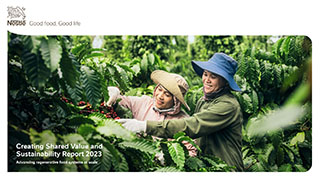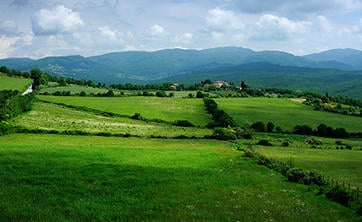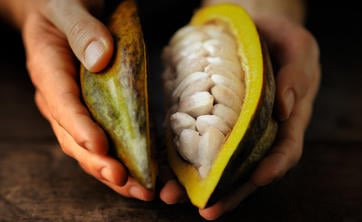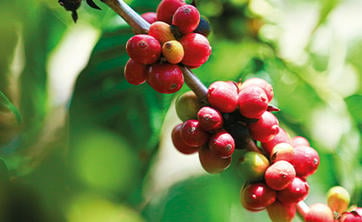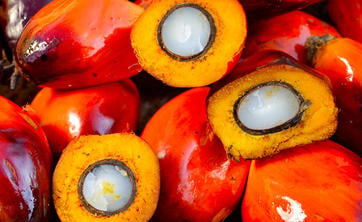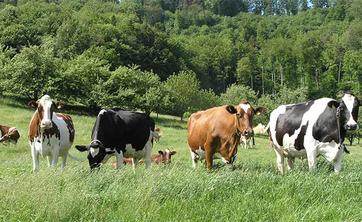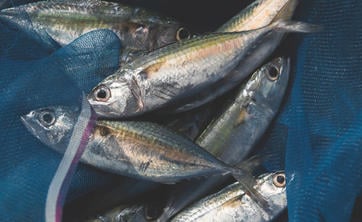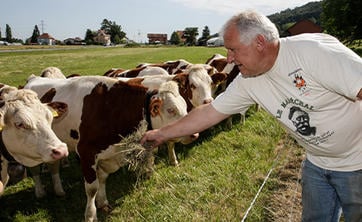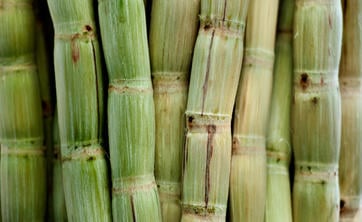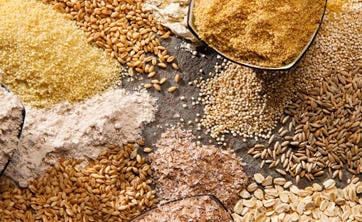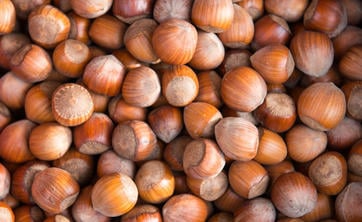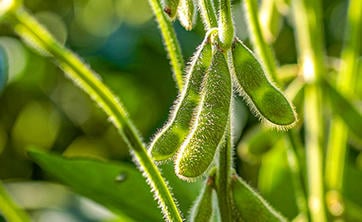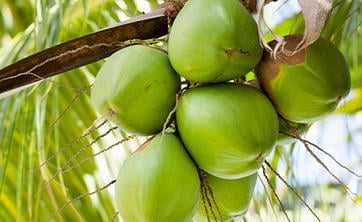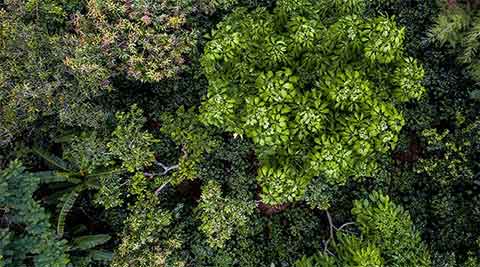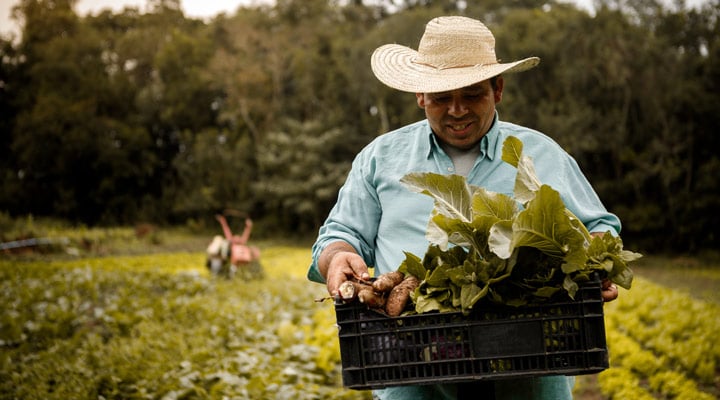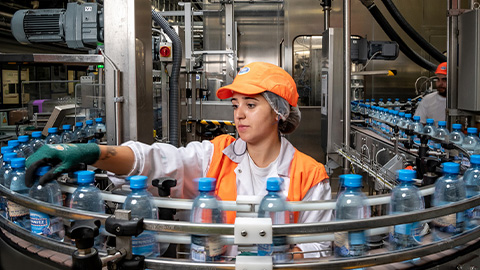Vegetables sourcing

Vegetables are an increasingly important raw material for us as we expand our portfolio of nutritious and plant-based products.
We purchase vegetables – including carrots, tomatoes, bell peppers, onions, garlic, potatoes, horseradish, chickpeas and spinach – for our brands such as Maggi and Winiary. We source from a diverse range of locations and landscapes, including Belgium, France, Germany, India, Italy, Poland, Serbia, Spain, the United Kingdom and the United States. To ensure that vegetables are responsibly sourced, we support both large farms and smallholdings through our suppliers to develop practices that protect and enhance biodiversity, increase yields and respect labor rights.
Our approach to responsibly sourced vegetables
Our approach aims to map the origins of the ingredients, ensure the respect of requirements described in our Nestlé Responsible Sourcing Standard, and foster regenerative agriculture within our upstream supply chain.
Reducing greenhouse gas emissions through key partnerships
To help us successfully design and implement our strategy, we have partnered with Fundación Global Nature (FGN), a Spanish nonprofit that has spent 25 years protecting nature and biodiversity. We are also working with the Sustainable Agriculture Network (SAN), which provides innovative agricultural solutions to environmental and social issues.
In the north of France, Nestlé has been working with farmers on regenerative agriculture methods since 2018. Our work is part of the Sols Vivants (Living Soils) initiative, involving partners such as Earthworm Foundation and supermarket chain Lidl. The initiative involves mainly wheat crops but also corn, sugar beet and vegetables. By the end of 2022, we had engaged 180 farmers and 10 suppliers under the Sols Vivants initiative covering around 15 000 hectares in different regions, resulting in 72 000 tonnes of raw materials.
In Caceres, Spain, the Solís factory has worked closely with tomato farmers to reduce the use of artificial pesticides and fertilizers and minimize the consumption of water. By the end of 2023, this delivered cumulative savings of more than 1.4 million cubic meters of water since the project began a decade ago.
In the United States, we are measuring the outcomes of regenerative practices used by pumpkin farmers in central Illinois supplying our Libby’s brand. By reducing tillage and planting cover crops across more than 70 fields and 2428 hectares, soil erosion rates are 40% lower than the state average, and greenhouse gas emissions have been reduced by 732 tonnes compared with conventional practices.
Enabling transparency by supporting suppliers and farmers
Greater transparency helps us strengthen the links in our supply chains and gain a better understanding of our ingredients and how they’re produced. It also helps us initiate positive change across the farms supplying our vegetables. To drive industry-wide transparency, we publish the list of our Tier 1 vegetables suppliers (pdf, 200Kb) and corresponding primary processing sites, along with the countries of origin.
We mainly purchase processed vegetables from our suppliers. Behind these suppliers are large-scale farming operations as well as smallholder farmers growing vegetables on only a few hectares. We provide a toolbox that can be used to support all kinds of farmers to improve their practices and sustain their operations. Nestlé provides an operational framework and supports suppliers embarking on this journey with technical and material assistance.
With some farmers and suppliers, we go further than minimum levels of compliance and help them more carefully manage their impact on the environment and the communities around them. We support them on their way to regenerative agriculture by implementing agricultural practices around water, soils, nutrients, crop protection and energy, which our partners FGN and SAN identified as having the greatest potential impact. We also help them implement their own biodiversity enhancement roadmaps.
Through our Responsible Sourcing Program for Vegetables and Spices, we have been working with more than 25 processors across 10 countries within Europe within the past four years. As a result, we have supported the implementation of more than 200 field level interventions in 2023 alone which range from planting hedgerows, switching to non-chemical fertilizers and planting cover crops, the purchase of precision agriculture tools, and many others.

Setting standards
Through farm assessments conducted within our tomato supply chain, we realized that because the industry’s focus had traditionally been more on quality and food safety, some labor and environmental aspects had been overlooked. Since identifying these risks, we have worked with our direct suppliers to map our supply chain all the way to the primary processors that receive vegetables directly from farmers.
We ask these processors to organize farm assessments that provide a baseline for each sourcing location, leveraging the Farm Sustainability Assessment ethical standard from the Sustainable Agriculture Initiative Platform. By using the shared standard, other industry players do not need to request additional assessments from the same farmers. Each processor is then asked to develop and implement an improvement plan covering all farms that supply them.
To make sure our efforts are driven toward the right locations, processors located in low-risk countries (as per Maplecroft risk indices) are not requested to organize farm assessments, and the associated volumes are considered responsibly sourced.




